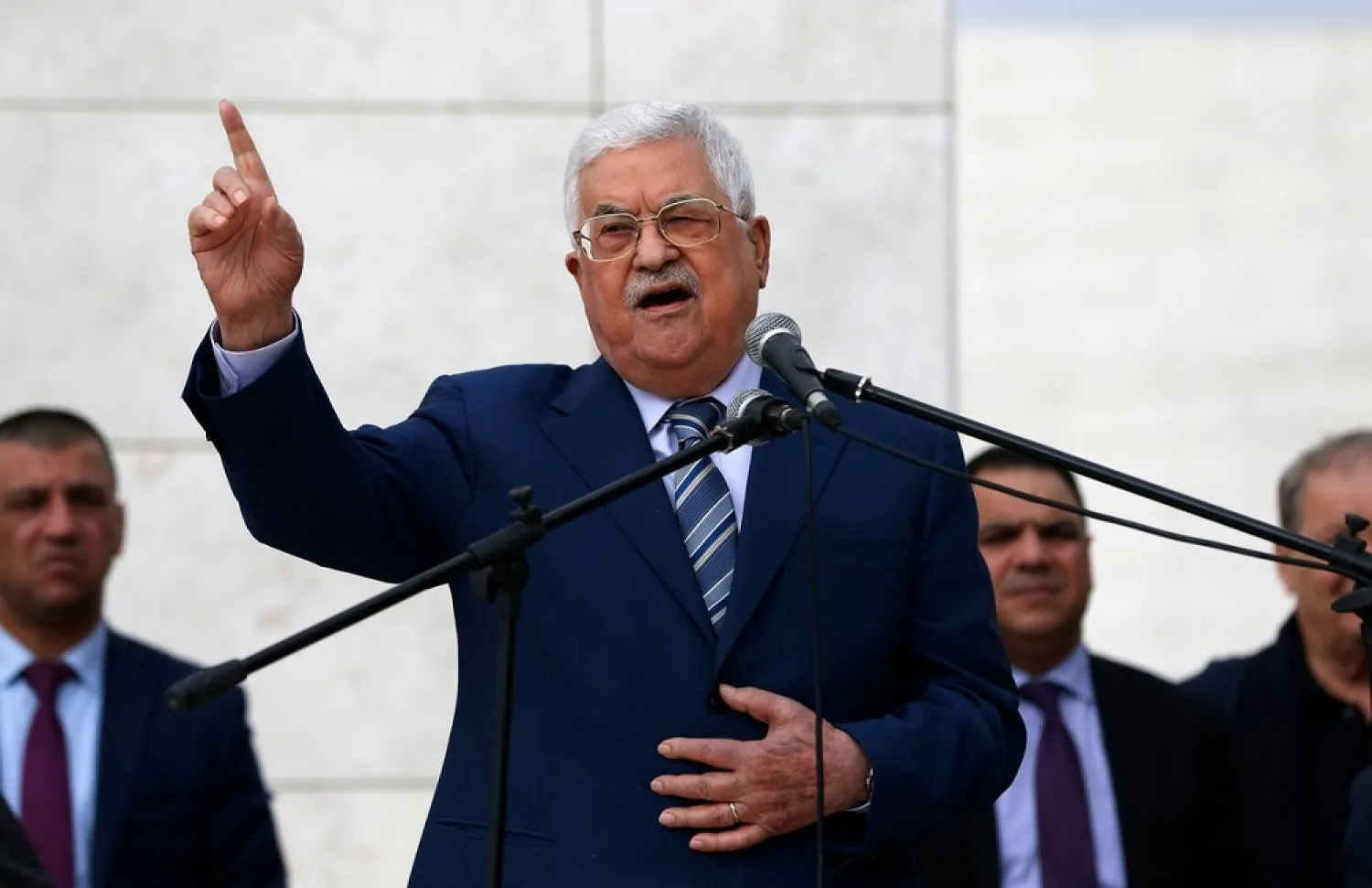Palestinian President Mahmoud Abbas has informed the general secretaries of factions of his advance approval of all decisions that the committees are expected to reach to end the Palestinian division and unite their political authority.
This includes the participation of the opposition Hamas and “Islamic Jihad” in the Palestinian Liberation Organization. Such a move is seen as an effort by Abbas to confront the challenges and political and financial pressure faced by his Palestinian Authority (PA).
In a televised speech addressed to the leaders of various factions in Ramallah and Beirut, Abbas underlined the need to launch comprehensive national dialogue. He singled out the Hamas and Fatah movements, calling on them to kick off dialogue to approve the mechanism to end the division based on the principle of a united people and political system that seeks to achieve the people’s aspirations.
Among the officials present to for Abbas’ speech were Hamas politburo chief Ismail Hanieh, “Islamic Jihad” secretary general Ziad al-Nakhaleh, members of the PLO executive committee and Fatah central committee.
“We are gathered here to confront all the dangers and conspiracies that are aimed at eliminating our national cause,” continued Abbas.
He urged the need to reach a “united national political stance that would pave the way to ending the terrible division, achieving reconciliation and building the national partnership through general, legislative and presidential elections.”
He revealed that he will carry out the necessary arrangements to hold a meeting for the central council as soon as possible to approve the mechanisms that will be agreed on to end the division and reach reconciliation.
This is the first Abbas-chaired meeting in 13 years since the division that is attended by Hanieh and other opposition figures.
Abbas announced that he was ready to hold a United Nations-sponsored international peace conference that would kick off serious negotiations based on international resolutions and the 2002 Arab peace initiative.
Furthermore, he urged Arab countries to underline during the next Arab League meeting, which will be chaired by Palestine, their commit to the initiative and declare that the establishment of ties with Israel can only take place after it ends its occupation and after Palestinians establish their sovereign state based on the 1967 borders and with East Jerusalem as its capital.
After the speech, Hanieh said Hamas was ready to restore unity. He believed that the national strategy to achieving this goal is based on organizing Palestinian ranks, restoring Palestinian national unity and resistance in all of its popular, military political and legal forms, and forming an Arab-Islamic alliance that backs their cause.









